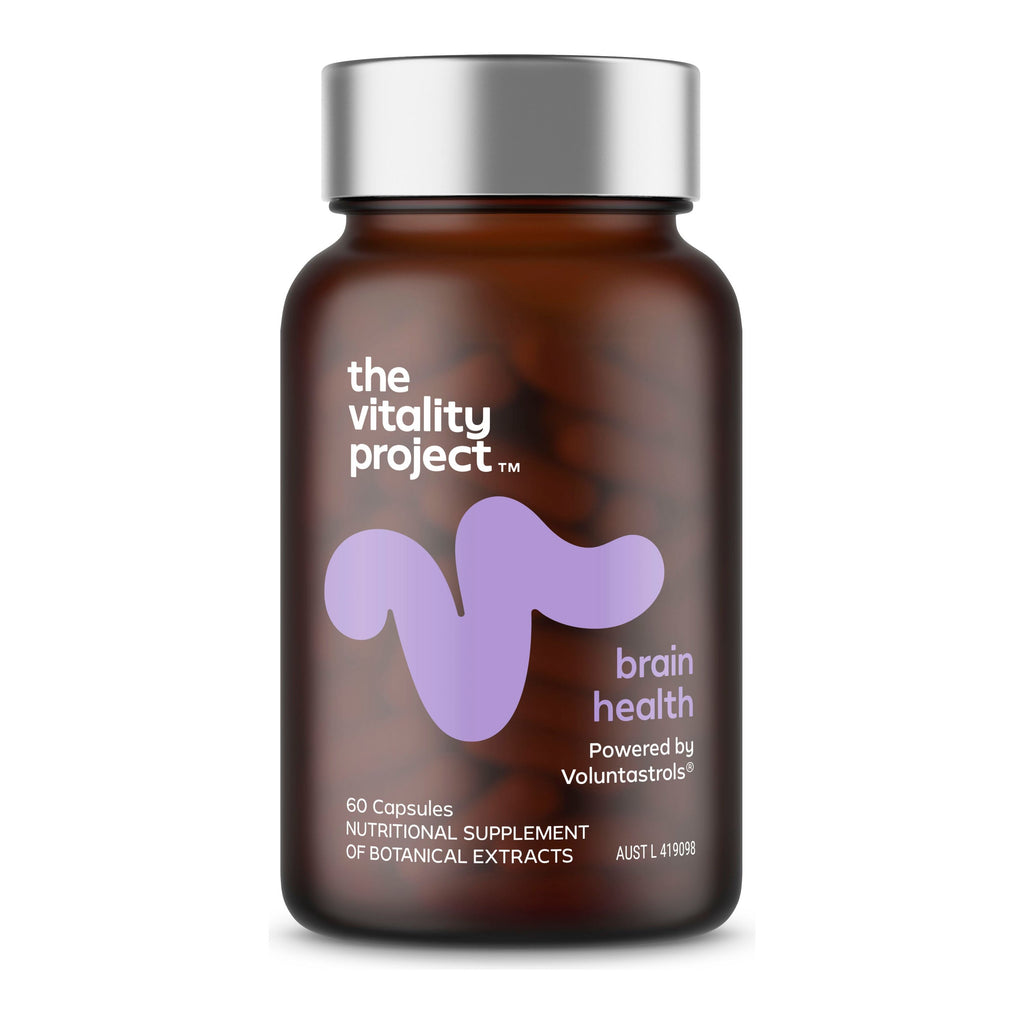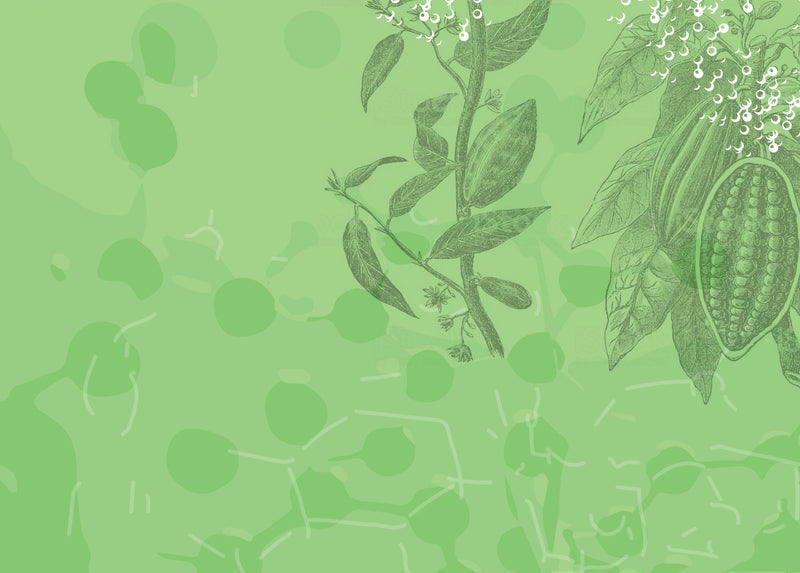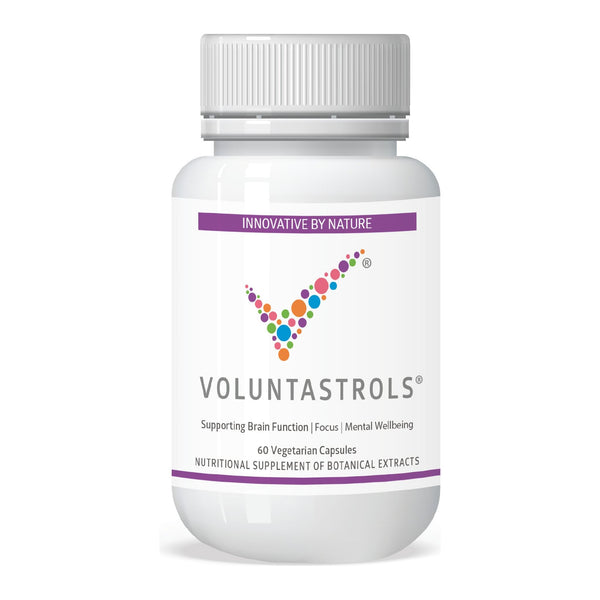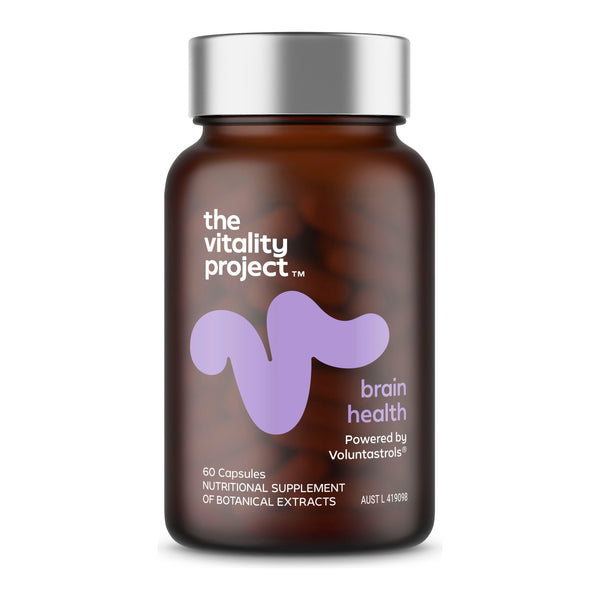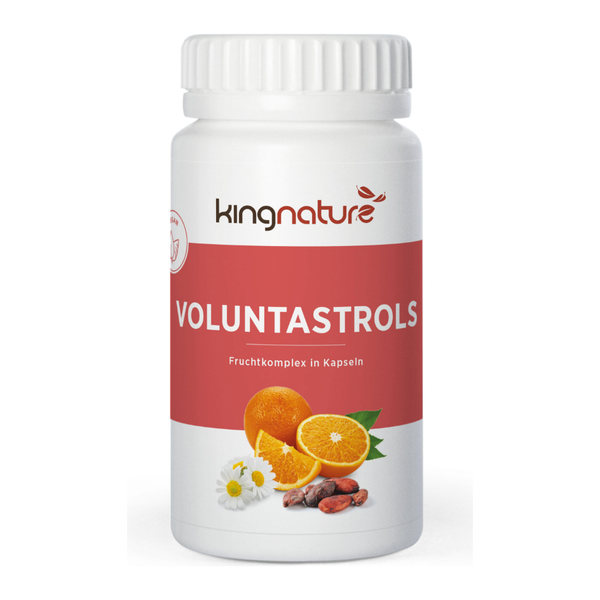Based on latest research and scientific studies, Voluntastrols contain key secondary plant metabolites to support neurovascular network health, cognitive function and healthy mood as well as improving brain resilience.
Secondary Plant Metabolites
For the majority of the world’s population, botanicals contain the largest source of life-saving compounds. Many of these compounds are elicited secondary plant metabolites (eSPM). These compounds play a major role in the adaptation of plants to their environment while at the same time, represent an important source for nutraceuticals and natural medicines.
Unlike primary metabolic pathways which produce few end products, the secondary metabolic pathways are much more productive giving way to many thousands of compounds.
Plants produce a vast and diverse assortment of organic compounds, the great majority of which do not appear to participate directly in growth and development of the plant however they play a key role in its defence against pathogens and fungal attack.
These substances, traditionally referred to as secondary metabolites (of which 8000 or so are phenolic and are considered one of the most important groups closely followed by the aliphatic and aromatic compounds), are formed by way of either the shikimic acid pathway or the malonate/acetate pathway respectively.
Their functions provide researchers with many new and exciting targets for extraction.
While plant products have been used in traditional medicine for centuries, their effectiveness has often been inconsistent due to variation in eSPM levels in the raw botanical material. However, advances in the understanding of eSPMs and extraction methods have allowed us to utilise extracts with consistent performance and quality.
Voluntastrols support the following conditions.

